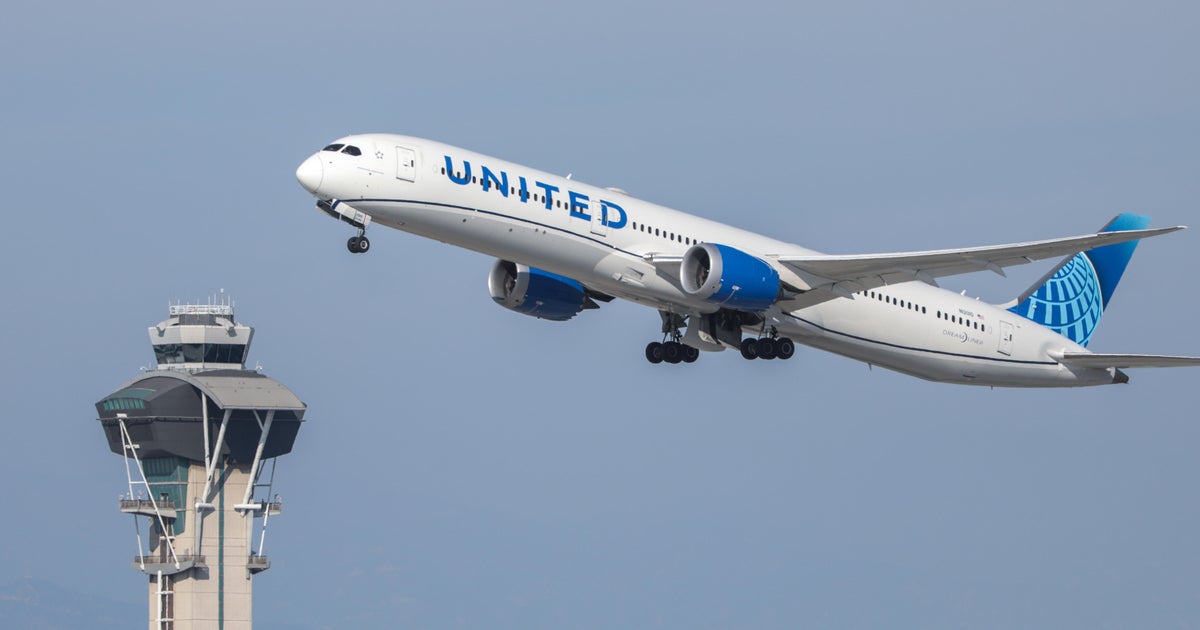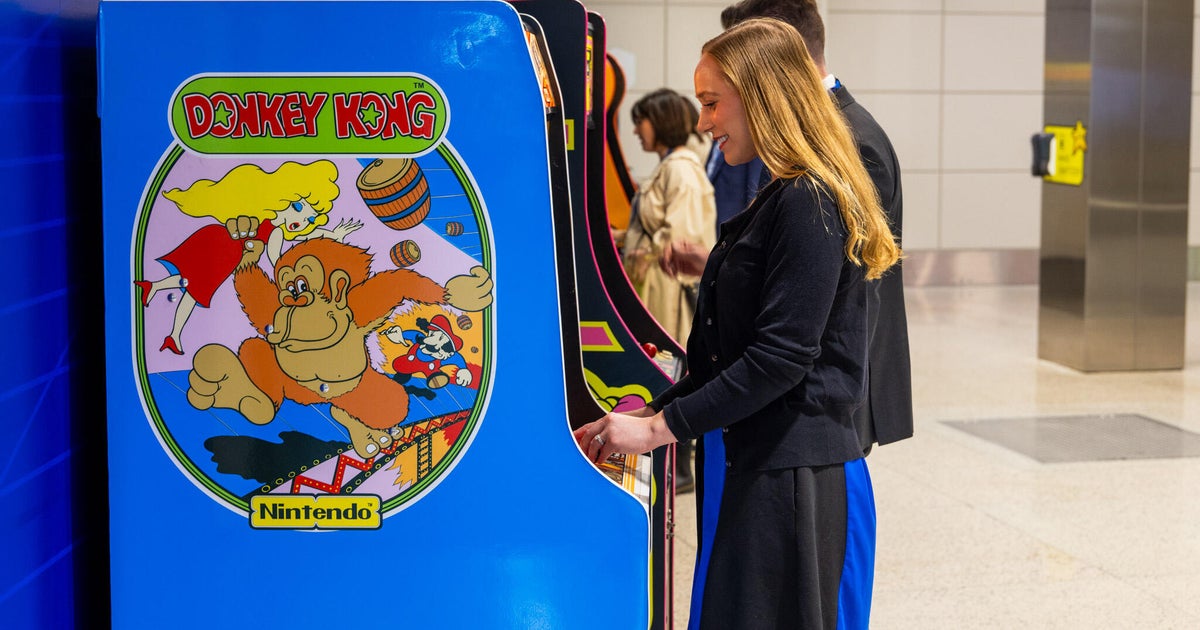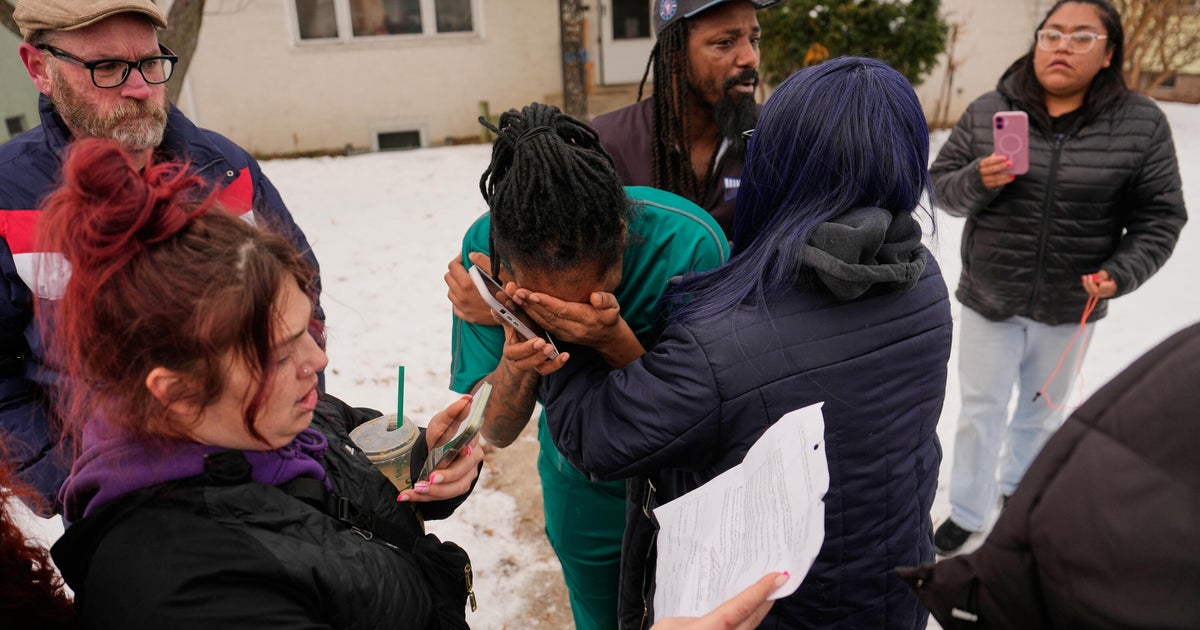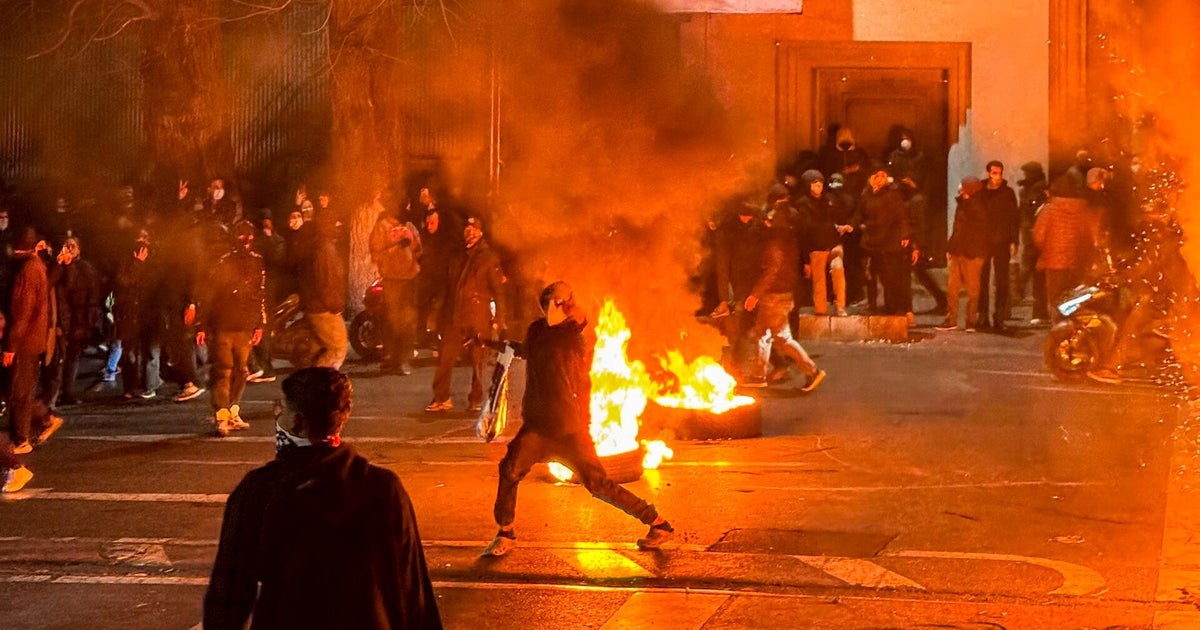Trump Signs New Travel Ban, Opponents Ready To Challenge It In Court
CHICAGO (CBS) -- A team of lawyers was standing by at O'Hare International Airport on Monday, waiting to help anyone who might be affected by a new travel ban President Donald Trump signed to replace the one blocked by the courts.
Trump signed the revised executive order Monday morning, imposing a 90-day ban on issuing new visas to people traveling from six predominantly Muslim nations – Sudan, Iran, Libya, Somalia, and Yemen. Iraq, which had been included in the original travel ban, was removed from the list.
Current lawful permanent residents – immigrants with green cards – and travelers with existing valid visas – are exempted from the new travel ban.
The new ban also suspends the U.S. refugee program for all foreign countries for 120 days. The revised ban no longer includes an indefinite ban for Syrian refugees, which was part of the original ban.
Also, unlike the original ban, the new restrictions will not go into place immediately, but will begin March 16. That should help avoid the chaos that was seen at airports across the country when the original travel ban went into effect in January.
That ban prompted a wave of protests at large international airports across the country, including at O'Hare, as the ban caught many people off-guard.
Protesters blasted the original ban as discriminatory against Muslims, and a violation of the U.S. Constitution.
Mayor Rahm Emanuel was quick to condemn the new travel ban on Monday.
"The legal grounds of the first travel ban were questionable at best, and today's iteration is nothing more than a wolf in sheep's clothing - different packaging intended to achieve the same result. It is a betrayal of our nation's values that our government would slam the door on refugees fleeing war, death and unimaginable conditions, that our government would divide families, and that our government would attempt to exclude people based on their religion. This executive order runs contrary to the ideas America was founded upon and the ideals that have made America a beacon of hope around the world," the mayor said in a statement.
More than a dozen lawsuits were filed challenging the original ban, and a federal judge in Seattle later blocked the executive order nationwide. A federal appeals court later refused to reinstate the ban, and the Trump administration has spent weeks working to revise the ban in an attempt to survive any further potential court challenges.
Lawyers who have been volunteering at O'Hare since the original ban went into effect said the revised order likely will face major legal obstacles.
"To issue an executive order that bans people from very specific countries, it just is not workable. It's not a workable solution. It doesn't promote more safety in our country as the administration alleges," attorney Yesenia Villasenor said.
The travel ban was not without its supporters at O'Hare on Monday.
"I agree with it, in part. In part, I don't agree with it," Brian Feggestad said. "I believe the government here needs to be stern with international travelers coming back from areas of the world where they are aware of problems."
Attorney General Jeff Sessions said Monday morning the new travel ban "is a lawful proper exercise of presidential authority," and he said the Justice Department would defend it in court.
"This executive order seeks to protect the American people, as well as lawful immigrants, by putting in place an enhanced screening and vetting process for visitors from six countries. Three of these nations are state sponsors of terrorism. The other three have served as safe havens for terrorist countries; countries where governments have lost control of their territory to terrorist groups like ISIL or al Qaeda and its affiliates," he said.
Sessions said there is an increased risk people traveling from the affected countries might belong to terrorist groups, or might have been radicalized by them.
The new executive order came as the White House was doubling down on Trump's unsubstantiated claim former President Barack Obama illegally ordered a wiretap on Trump Tower during the presidential campaign.
Obama's director of national intelligence, James Clapper, has said Trump's claim is false.
"I can deny it," Clapper said on NBC's "Meet The Press" on Sunday.
Trump has offered no proof for his claim, and the White House also has declined to elaborate, but has asked Congress to investigate.
"Neither the White House nor the President will comment further until such oversight is conducted," White House press secretary Sean Spicer said in a statement.
U.S. Sen. Susan Collins (R-Maine), a member of the Senate Intelligence Committee, said she hasn't seen any evidence to back up Trump's claim.
"I would expect that he's going to want to provide our committee with any evidence that he has," Collins said.
Democrats have said the wiretapping allegation is an attempt to deflect from investigations into Trump campaign aides colluding with Russian officials before he took office.
"The president, you know, is the deflector in chief; anything to change the subject from where the heat is," House Minority Leader Nancy Pelosi (D-Calif.) told CNN's "State Of The Union."
FBI director James Comey has asked his bosses at the Justice Department to publicly refute Trump's claims saying they are false, but the Justice Department has not commented on the allegations.







